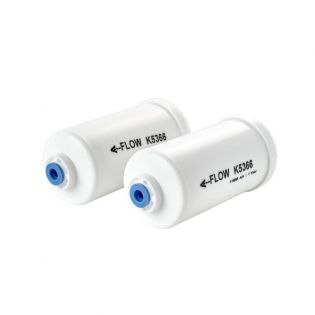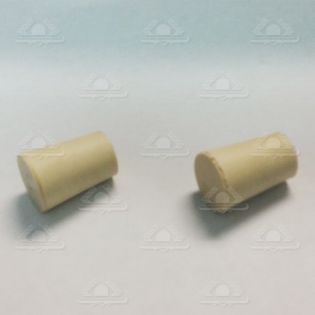Radioactive water pollution
Water is an essential element for life. We cannot live without it. And yet, pollution is widespread and almost universal today. Besides rivers and groundwater, it is now the water in the ocean floor that is polluted. The same is true for the very remote waters of the Antarctic and the Arctic. We are aware of chemical, bacteriological and medicinal pollution. But do you know that there is a form of pollution that is just as dangerous and yet less known? In the following article, we will explain to you the radioactive pollution of water and the presence of radiological contaminants...
Ionizing radiation is dangerous for living organisms, whether they are natural or artificial. If we are all exposed to natural radioactivity, it is normally not very important and comes from the radioactive decay of elements in the earth's crust or in the atmosphere or from cosmic rays.
Numerous studies have been conducted to establish the effects of radiation on health and particularly the biological effects of exposure to radiation in water.
This radioactivity in water, when it is natural, is low. Its concentration remains nevertheless variable, depending largely on the radiochemical composition of the rock and the subsoil through which it has flowed.
But other sources, artificial ones, present a much greater danger and this pollution is diffused not only in the air, but also in the water. And our drinking water is not spared. Chernobyl, Fukushima but also in France, as this article from the Parisien attests...
Here, it is tritium, the radioactive hydrogen released by nuclear power plants. Even if the concentration established by the health authorities is not exceeded, the fact of finding this pollution in drinking water is not reassuring and, above all, is certainly indicative of a pollution of other radioactive elements at much higher concentrations.
In drinking water, studies have shown that natural alpha emitters (radiation caused by radioactive decay with the ejection of an alpha particle), such as radium 226 (radium isotope, produced by the decay of uranium 238 used in nuclear power plants) or 228, can be the source of radiation harmful to humans, among other things for tissues or the skeleton.
Radium 228 decays with beta emission (type of radioactive decay with electron or positron emission).
Berkey® filters, as evidenced by the analysis results published on our website, significantly reduce alpha and beta elements, but also uranium
In addition to the proven effectiveness of Berkey® filters on all chemical, bacterial and medicinal pollutants, the use of the Berkey® water filtration system is an effective means of eliminating radiological contaminants present in water.
Share this content







































